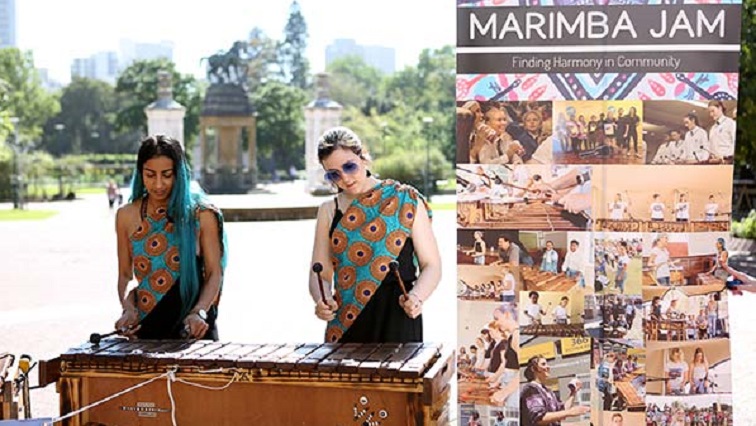In 1995, South Africa was born again – a new flag, new provinces, new public holidays and 11 official languages. It was the glossy start to democracy, and when the whole country celebrated the Rugby World Cup a few months later, the Rainbow Nation was born.
But the rainbow nation has stuttered in its growth, facing economic, and political crises, corruption scandals, and social unrest. The TRC forced South Africans to face the past, but that has not made the path ahead any less rocky.
South Africa is rich in natural heritage, and that’s universally supported and appreciated. But it’s also extremely rich in cultural heritage, but that is a double-edged sword. On the face of it, pride in your heritage, and an appreciation of someone else’s, is a good thing.
But there is a flip side. Partly due to the legacy of colonialism and then apartheid, culture, in its many forms, has been used to divide and conquer throughout the history of this land. With cultural identities as loaded as ours are, many times they clash with another person’s, or even with some established global human rights practices.
The ground-breaking South African Constitution reads: “we, the people of South Africa, recognize the injustices of the past; honour those who suffered for justice and freedom in our land; respect those who have worked to build and develop our country; and believe that South Africa belongs to all who live in it, united by our diversity”
September the 24th used to be celebrated by Zulu South Africans as Shaka Day. When the new public holidays were put before parliament, the IFP objected to its omission. The day was added, but with a wider meaning. Nelson Mandela, in proclaiming Heritage Day, said “when our first democratically elected government decided to make Heritage Day one of our national days, we did so because we knew that our rich and varied cultural heritage has a profound power to help build our new nation”
It can build, but we have seen it can also break. An example of a heritage that has two very different meanings is the Great Trek. For some, it’s a feat of bravery and human endurance. For others, it’s the invasion of land by foreigners. The recent pushback against Cecil John Rhodes is also a case in point. Long regarded as a great modernizer and venture capitalist, his legacy is being rewritten to place him as a racist colonialist who paved the way for apartheid.
With one of the most progressive constitutions in the world, South Africa’s democratic founders had a vision of a country where everyone is equal. No one should discriminate against another based on skin colour, religion, age, language, or gender. But that ideal is not always the reality.
Culture can be used simply to separate people from each other. “You don’t understand because you’re not of my culture” is often used to keep people separate. English-speaking white kids have an issue with Heritage Day celebrations at school. They don’t identify as English or Scottish, and most have had no connection to those countries for generations. So how do they dress? The Swati Reed Dance, a long-held tradition, face criticism as sexist and overtly sexual in the context of #MeToo and gender-based violence. The Xhosa tradition of circumcision, and the manner in which it is sometimes carried out, receives bad press every year when young men die or are harmed in the procedure. Many cultures have a tradition of patriarchy in leadership that to others simply seems outdated.
So while cultures should and must be celebrated with pride, that should never be at the expense of anyone else’s. But there’s also that other small problem. Within the rainbow nation, there are so many traditions to be celebrated. Is there such a thing as a “South African Heritage” that we can all embrace?
Jan Scannel, also known as Jan Braai, proclaimed “braai day” in 2007. Archbishop Desmond Tutu thought it was a great idea. “There are so many things that are pulling us apart…this has a wonderful potential to bring us all together…. We have 11 different official languages but only one word for the wonderful institution of braai: in Xhosa, English, Afrikaans, whatever.”
That’s a debate on its own. But the sentiment is indisputable. But as South Africa struggles with a fractured present, heritage could and should be used to unite us in our unique ways, a celebration of who we are, how far we’ve come and how wonderful we can be. The rainbow might have dimmed. It’s up to us to make it shine again.
Janet Whitton is SABC News Researcher.


